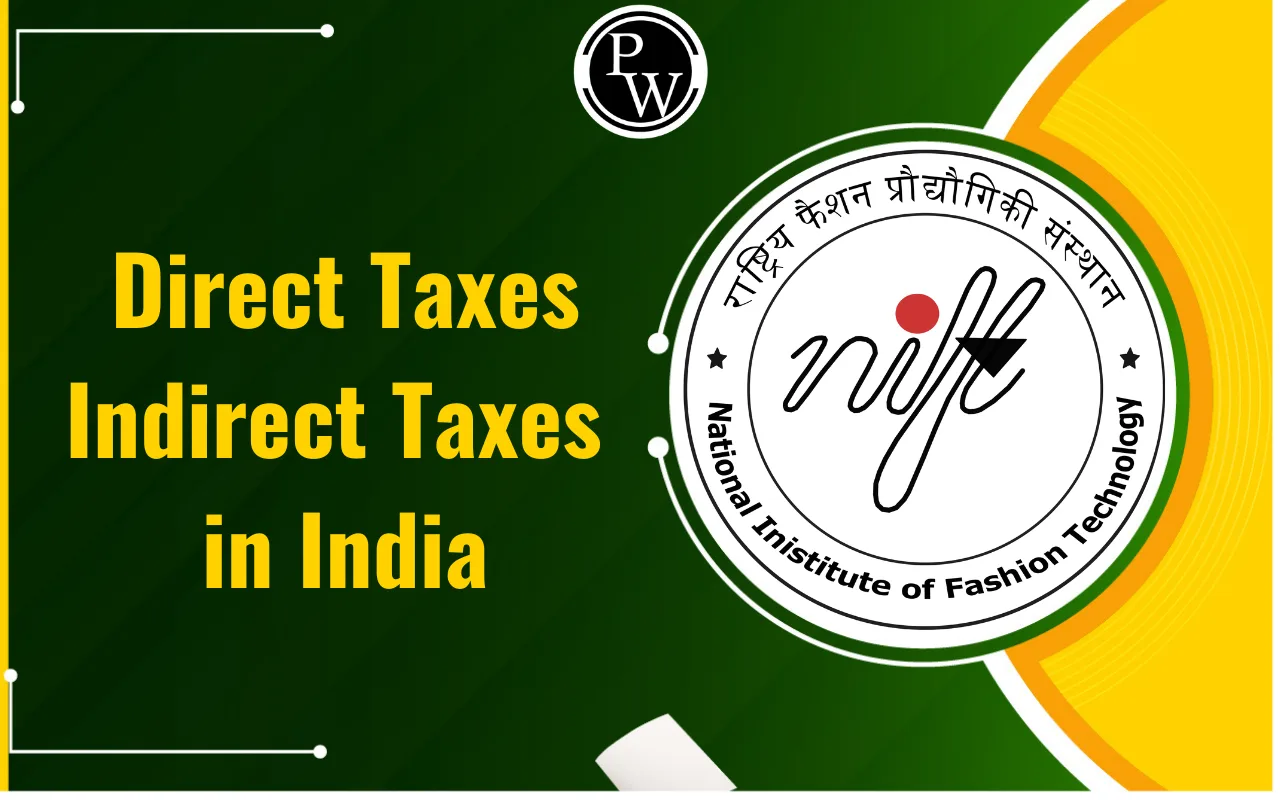
Issued shares are all the shares the company has generated and distributed to investors, workers, and other stakeholders. This covers shares still in circulation as well as those repurchased and kept as treasury shares after buybacks. Treasury shares are not included in the category of outstanding shares, which are just those that are actively held by shareholders.
What are Issued Shares?
The company only issues shares once. Following that, investors may sell it to another investor on the secondary market. When companies purchase back their shares, the shares are reported as issued, even if they aren't classified as "treasury shares" since they may be resold. All of the issued shares of a small, closely held corporation may be owned by the original owners.
A company's balance sheet records the number of issued shares as capital stock or owners' equity, whereas its quarterly SEC filings disclose the number of outstanding shares (issued shares less any treasury shares). The capital section of an organization's annual report also includes the number of outstanding shares.
Definition of Issued Shares
The entire quantity of a company's shares that have been authorized and distributed to shareholders is known as issued shares. These shares may be traded publicly or privately owned by a limited number of investors. Issued shares indicate the real ownership percentage of the company owned by shareholders and provide them the opportunity to vote on significant decisions affecting the company's operations.
Understanding the idea of issued shares is essential for investors analysing a company's potential and stakeholders monitoring its performance. Companies may issue more shares to raise funds, diluting current shareholders' ownership percentages. In such circumstances, investors must carefully analyse how these additional shares may affect the company's ownership composition and overall value before making an investment choice.
Read More - Stock Ticker: Definition & How It Works
Issued Shares vs Outstanding Shares
Issued shares are all of a company's shares that are distributed to shareholders, including shares held by its officials and directors. These shares were authorised by the company's board of directors and issued in return for cash, services, or assets.
Outstanding shares, on the other hand, are the entire number of shares presently owned by shareholders, including ordinary and preferred shares. These shares are in circulation, have been issued, and are available for open market trading. Let's now compare the difference between Issued and Outstanding Shares.
The words "issued shares" and "outstanding shares" are often used when discussing stocks and equity. While they are linked, the two have a few significant differences. Here we will discuss the difference between Issued and Outstanding Shares given below:
|
Issued Shares vs Outstanding Shares |
||
|
Basic |
Issued Shares |
Outstanding Shares |
|
Definition |
These represent the entire number of shares, including common and preferred stock, that a business has authorized and distributed to shareholders. |
These represent the total number of shares that investors now possess that the firm has issued. |
|
Key Difference |
Add all of the shares that the business has authorized and issued. Shares held in the company's treasury may also be included. |
Only include shares presently owned by investors. |
|
Reporting |
Equity is reported on a company's balance sheet. |
Financial statements, such as the income statement and the cash flow statement, are reported separately. |
|
Financial performance |
The issued shares must be considered when determining a company's authorized capital and potential dilution of shareholder value. |
Based on the quantity of outstanding shares, financial metrics like earnings per share (EPS) and the price-to-earnings (P/E) ratio are used to assess a company's financial success. |
|
Voting |
Different voting rights or limitations, such as those associated with preferred stock, may apply to issued shares. |
Each outstanding share allows the holder to cast one vote in corporate decisions such as the board of directors election or key corporate activities. |
|
Quantity |
Given that some shares may be held in the company's treasury or retired, the number of issued shares may exceed the number of outstanding shares. The number of issued shares contains all authorised shares, even if they are not yet in circulation. |
Outstanding shares are often fewer than issued shares. The number of outstanding shares represents the real ownership of the company by investors. |
How do Issued Shares Work?
A company's capital structure consists of issued shares, which are important in determining the company's value and worth. These shares represent ownership in the company and provide the shareholder with particular rights, such as the capacity to vote and earn dividends. Even if the company was authorised more shares than were issued, in a small, private corporation, the owners may possess all of the issued shares. The owners' equity, or the portion of the business they own, will decrease if the firm issues more shares.
Investors may evaluate the value of a company's stock based on different factors, including market capitalization and profits per share. While performing these calculations, it is important to consider the total number of shares that have already been issued, as well as any potential dilution from future share issuances. The value of a business and its ownership structure are influenced by issued shares, or actual shares that have been given to shareholders.
Types of Issued shares
The actual shares that the business has distributed to shareholders are known as issued shares. There are many types of issued shares, each with its own set of features and benefits. Let's examine some of the most often issued shares in more detail.
-
Ordinary Shares
Common shares are the most fundamental kind of ownership in a business. Ordinary shareholders are entitled to dividends as decided by the company's board of directors and to vote at shareholder meetings.
Normal ordinary shares have equal voting rights, however, some companies may issue several types of ordinary shares with different voting rights.
Read More - Reverse Stock Split, How It Works with Examples?
-
Preference Shares
The term refers to securities that provide holders with priority dividends and other payment treatments. In addition to receiving dividends before regular shareholders, preference shareholders may be granted priority in the event of a company's collapse.
Preference shares sometimes lack voting rights, giving owners little control over the company's future.
-
Redeemable Shares
They enable the company to repurchase them at a later date or shareholder's request. Redeemable shares may benefit both the business and the shareholder since they provide the company greater control over how its capital structure is handled and allow shareholders to sell their shares back to the company if required.
-
Non-voting Shares
Non-voting shares are those that do not have voting rights, as the name suggests. Instead, they provide their owners with financial benefits such as dividend payments and opportunities for capital growth.
Non-voting shares may be issued to generate funds without decreasing existing shareholders' voting power, or to offer equity ownership to employees without giving them control over the organisation.
-
Management Shares
Management shares, also known as founder shares or Class B shares, are a form of share that allows the management team or company founders additional control over the company's operations.
Ordinary shares sometimes have fewer voting rights per share than management shares, giving holders of management shares less control over business decisions. These shares may also contain more advantages such as the right to choose directors or higher dividend payments.
Learn the Core Concepts with PW Stock Market for Beginners
The PW Stock Market Course for Beginners provides a thorough overview of the foundations of the stock market. Participants in the PW course will have a better understanding of the importance of asset classes and the contribution that stocks play in investing portfolios. Practical skills, including selecting IPOs, picking brokers carefully, and placing orders efficiently, will be taught to them. To begin the journey, sign up for our online stock market course.
FAQ
What are Issued Shares, and how are they defined?
Can you provide an example of issued shares?
What is the difference between Issued Shares and Outstanding Shares?
Can a company change the number of Issued Shares?










